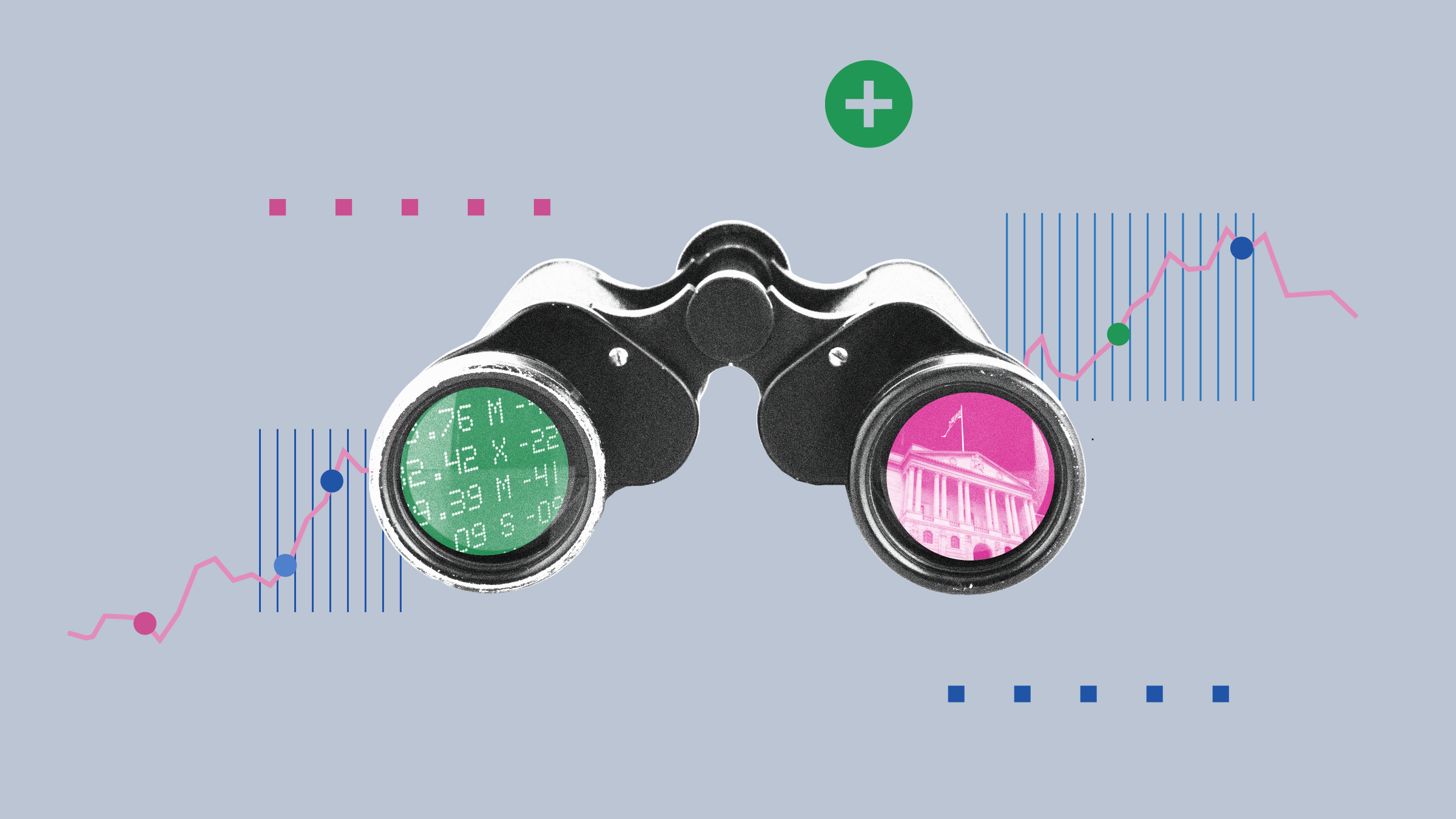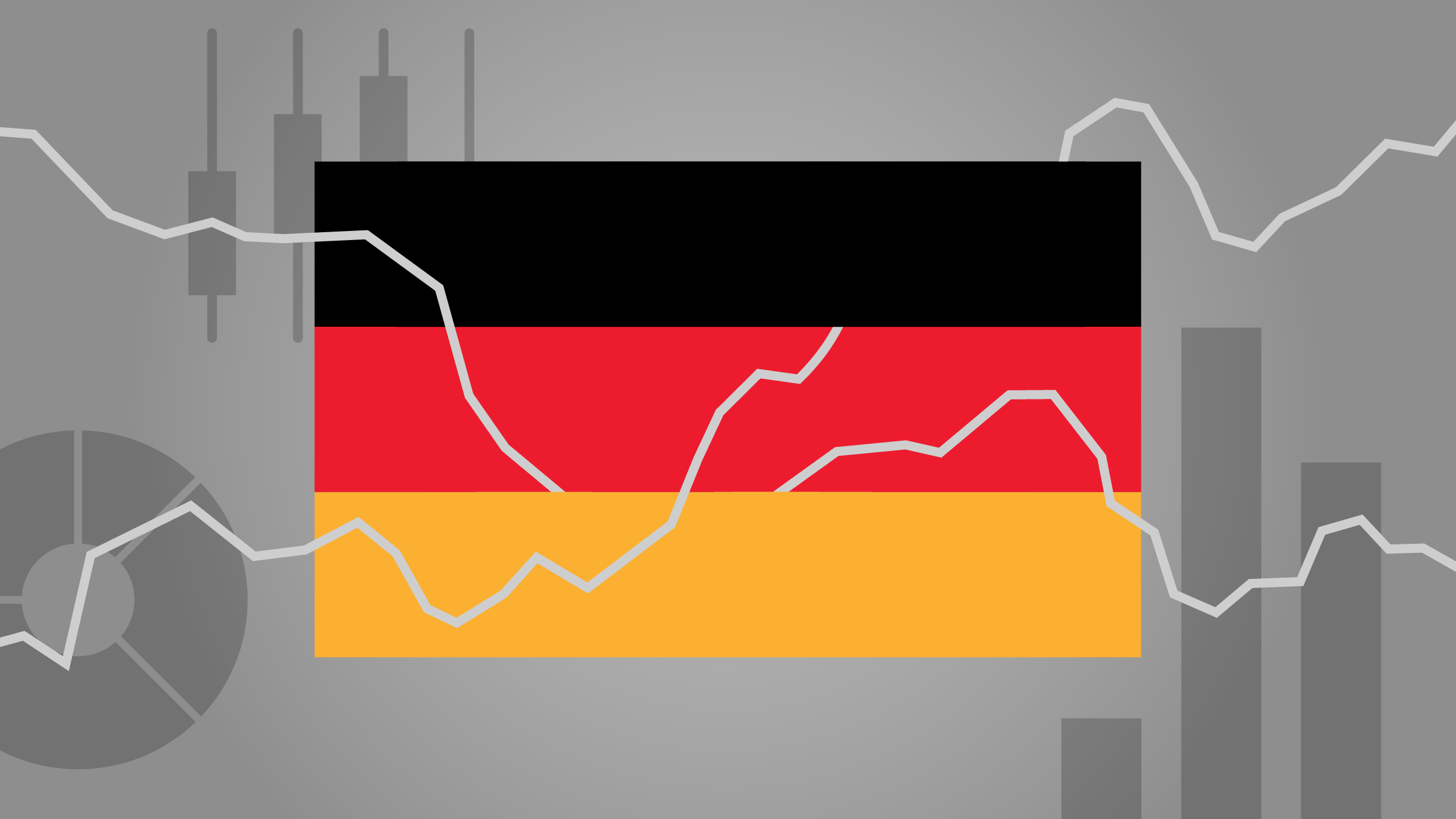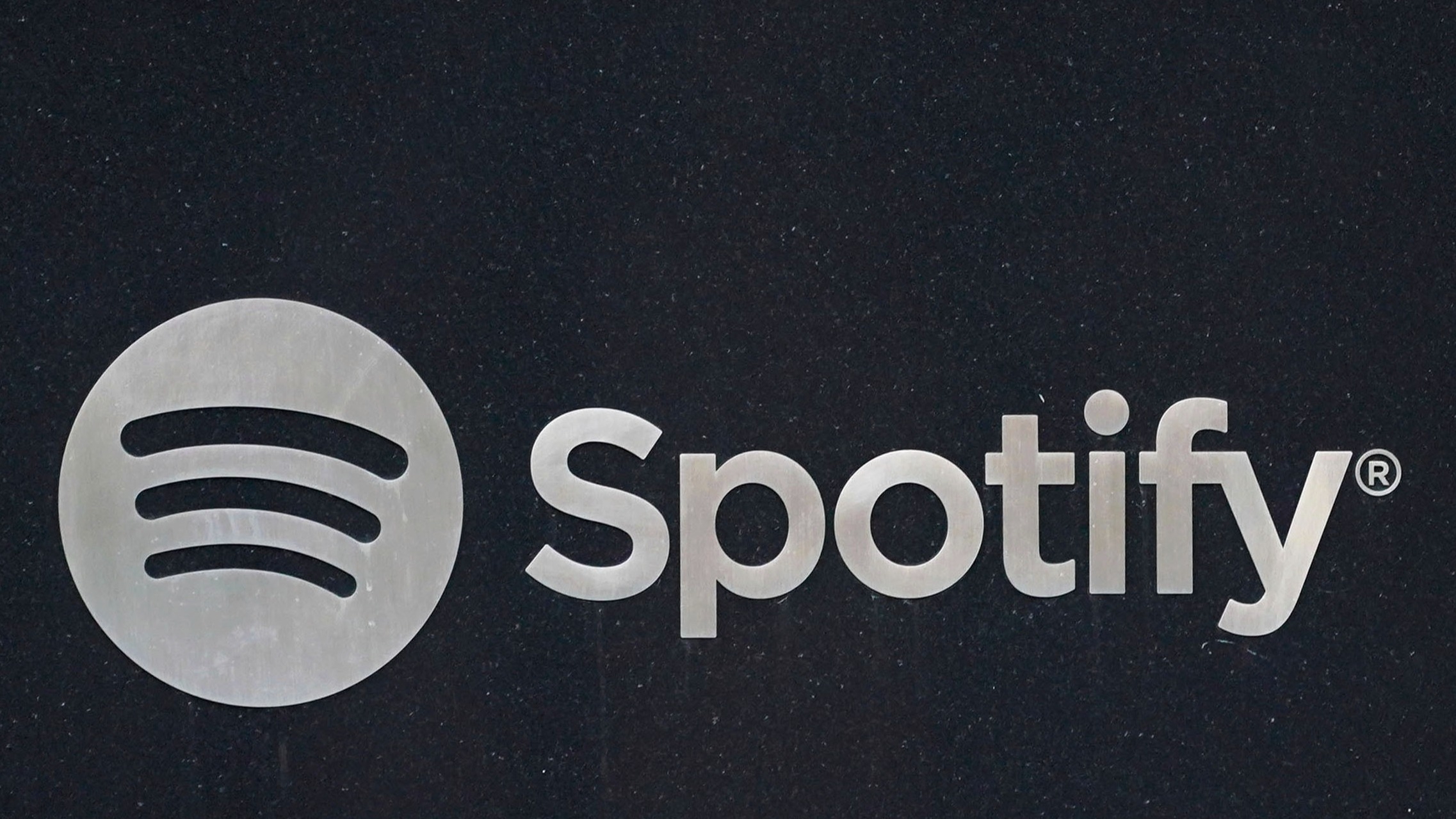Like many people Riya Sarkar says she was “a little late to investing”. But since she started she has built up a reasonably sized ISA portfolio.
She says: “I’m fortunate enough to have a pension and other savings arrangements through my work. So my ISA is very much my rainy day fund.
“I’m 40 now and ideally would like to retire by the time I’m 65, but with every new headline proclaiming the pensions are in a mess, that might turn out to be a pipe dream. Hopefully the ISA will help though.”
When Sarkar started investing she wasn’t quite sure where to put her money. The savings she initially made helped to pay her university fees and for training courses. She said: “I like to think that this saving has paid off in some way. But that’s only so I don’t kick myself for not having ploughed it all into property instead”
Sarkar, who lives in London and works for a financial services company, says she now has a more disciplined approach to saving. “I have a pension through work; an employer share save scheme, and my persional ISA, through which I invest in various direct shareholdings.”
She adds: “My husband and I have a small mortgage on a very small flat in London. We have a reasonable pot of cash in the bank to help with any future deposit, should we wish to upsize, or pay off the mortgage if interest rates go up wildly. We see our flat as a way of supplementing our income in later life.”
Stock Picks for an ISA Portfolio
When it comes to her shareholdings, Sarkar says some of her best gains have been from larger blue chips. For example, she had held drinks manufacturer Diageo (DGE) for a number of years. She says the company has been a reliable dividend payer, and shares have increased in value.
The company has a three-star rating from Morningstar meaning analysts consider it to be ‘fair value’ estimate. Over the past year shares in Diageo have risen by almost 30%, and over five years the share price is up by 11%.
The company recently got hit with an unexpected £107 million tax bill but analysts at Morningstar said: “While this is an unexpected negative for Diageo, it does not materially affect our valuation or our wide moat rating, which reflects the company’s brand strength.” The company manufacturers and distributes some of the most well-known alcoholic drinks brands, including Johnnie Walker, Smirnoff, Baileys, Tanqueray and Guinness.
Sarkar says she’s also made good returns from investing in British American Tobacco (BATS). “This was certainly one of my more successful investments. However, I have now divested. People say that millennials are more interested in ethical investing than any other generation, but I disagree.
“I’ve become a lot more ethically minded the older I’ve become. The financial services industry as a whole could do much more to make a global difference to numerous causes.”
Morningstar gives this tobacco manufacturer a two-star rating, meaning the stocks are slightly overvalued. Analysts at Morningstar say that despite the advent of e-cigarettes, and regulatory moves towards plain packaging the company still has a wide economic moat. It says: “British American has an impressive brand portfolio that is fairly evenly balanced across price points. Despite the advertising ban on tobacco products in many developed markets, brand identity through product differentiation and trademarks allows manufacturers to charge premium prices for their products, and cigarette brand loyalty is higher in premium segments.”
Morningstar concludes: “We expect BAT to retain its wide moat for as long as cigarettes remain the driving force in the tobacco industry.”
Less Successful Stock Holdings
But not all of Sarkar’s investments have been as successful. She says: “There have been a few disasters along the way. JKX Oil & Gas (JKX), Vedanta Resources (VED) and the fund Junior Oils Trust spring to mind.”
These all invest in oil and gas production, and prices can be extremely volatile. Sarkar says: “With some of these I got greedy and remained invested when I should have just taken the money and run. I soon learned that I’m no trader and to cut my losses.”
Over the past year, for example, shares in Vedanta Resources have risen by 80%, but over three months they are down 32%. Over three and five years investors have made a loss.
Where Next for Growth?
Sarkar is looking to invest in a few more funds through her ISA – although she has not quite decided where to put her money next. “I’m looking for an Indian fund, as this is one area where I don’t feel confident choosing direct securities, and would prefer to rely on local experts.”
She is also looking to boost her ethical holdings. She says she’d like to invest either in shares, or a fund, that pays a good income. Adding: “My ideal would be to own an income-producing bespoke ethical portfolio - but that is some way off yet.
“Generally speaking I like dividend compounders, but where with strong business models where the dividend and capital base can grow. I don’t like yield simply for the sake of it.”






























